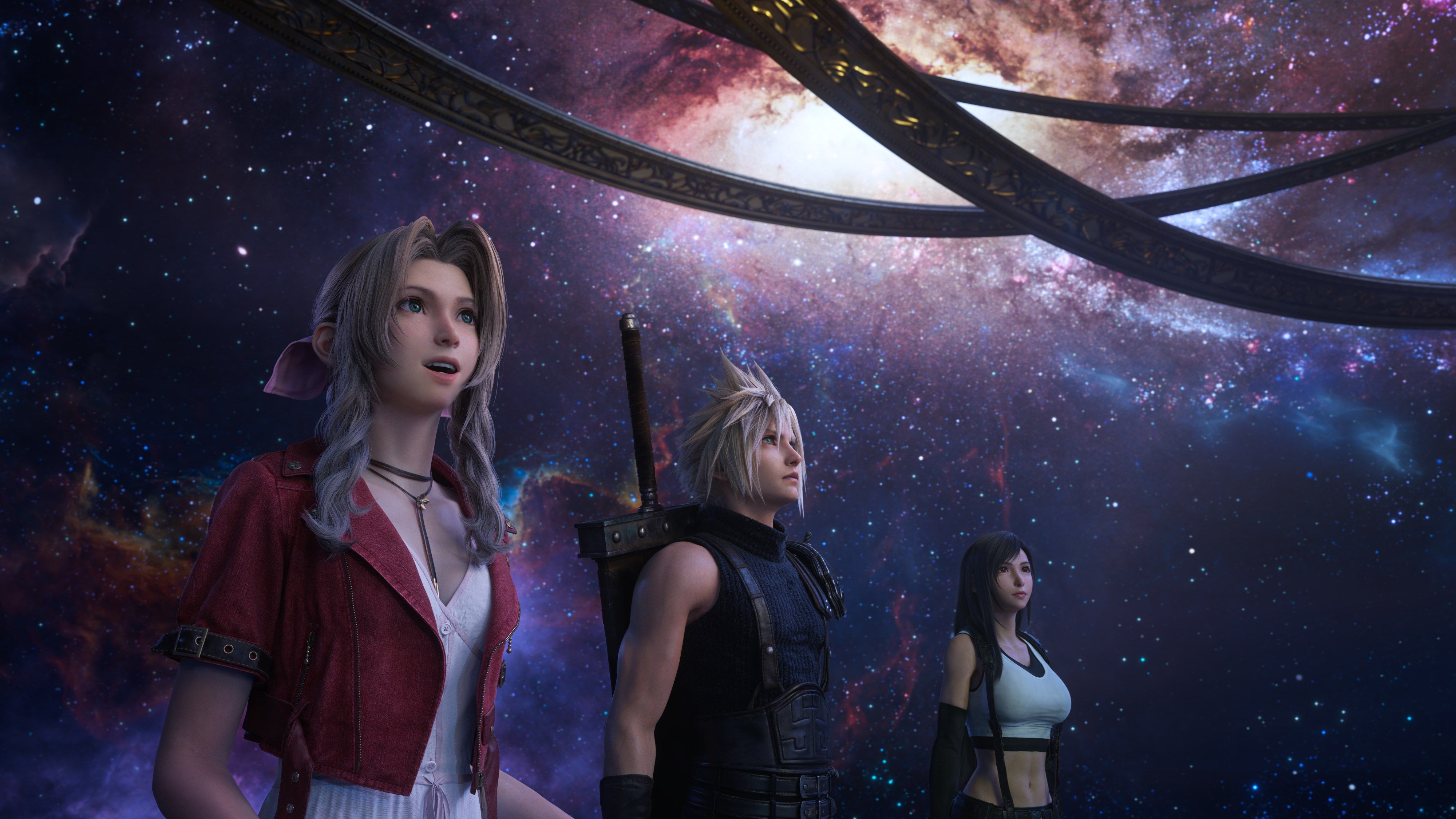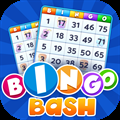
It's time for a difficult conversation. For decades, the Final Fantasy series has reigned as a titan of the RPG genre, a testament to its sprawling worlds, compelling stories, and unforgettable characters. These games have become a shared experience, a beloved part of a generation's gaming history. But what if our collective nostalgia has clouded our judgment?
What if some of the series' most celebrated entries, the ones we hold up as unimpeachable classics, aren’t quite as perfect as we remember? This is not an act of cynicism, but of critical re-evaluation. I don't know many people who can claim to be a bigger FF stan than I, but I still want to take a closer look at my beloveds.
I want to clarify from the start that I do not think any of these games are bad games. I love (most of) them! I simply think there are elements worth criticising that are so often overlooked.
Final Fantasy 7
Still Amazing, But Not A Perfect Gem
Being a landmark for bringing the series to the mainstream, Final Fantasy 7’s reputation vastly overshadows its flaws. The lauded Materia system can create homogenous characters, undermining unique identities. The translation is notoriously clunky, hindering narrative clarity, and the famously low-poly character models clash jarringly with pre-rendered backgrounds, a visual style that has aged poorly.
The game is also padded with numerous tedious mini-games and a very high random encounter rate, revealing an unpolished experience that belies its legendary status. Yes, it's amazing, but gosh, it is not perfect.
Final Fantasy 10
Corridors
Final Fantasy 10 is praised for its emotional story and technological leap, but its design choices haven't aged gracefully. The game is a linear, unexplorable corridor for the vast majority of its runtime, a stark contrast to the series’ history.
The voice acting, a major innovation at the time, is often stilted and infamous for a few truly cringe-worthy moments (and I'm not even talking about the laughter scene!). Furthermore, its celebrated endgame content is locked behind frustrating, poorly designed mini-games that test a player’s patience more than their skill. Lightning-dodging still gives me shivers.
Final Fantasy 13
More Corridors
Final Fantasy 13 is frequently dismissed for its linearity, but the real issue is its lack of player agency. The game confines players to a single, straightforward path without towns, NPCs, or side quests for dozens of hours. The combat, while strategically deep in boss encounters, becomes a mindless exercise in 'auto-battle' for most standard fights, which makes things a little boring.
The narrative’s dependence on external datalogs for world-building is also a pretty clear failing, leaving us with a beautiful but hollow experience.
Some people will claim that Final Fantasy 13 has never been rated very highly, but I've witnessed a significant turnaround in recent years, with the rose-coloured glasses being donned in droves. Sure, it's not Final Fantasy 15, but it's not deserving of that sudden wave of praise.
Final Fantasy 8
Junctioning Was A Bit Much
Final Fantasy 8 is a divisive entry when compared to its immediate numerical neighbours, but I still find it a tad shielded by its megafans. The main issue is its Junction system. While unique, it incentivises hoarding magic spells rather than using them, directly contradicting the nature of a magic-based RPG.
This system is also overly exploitable, allowing people to become overpowered almost immediately. The plot, filled with amnesia, time travel, and a famously nonsensical twist, is a convoluted mess that many find impossible to follow if they take even a few days' break from a playthrough.
Final Fantasy 4
Didn't Age Gracefully
A historical landmark, Final Fantasy 4's reputation rests on nostalgia more than modern playability. While its character-driven narrative was revolutionary, the party members are often one-dimensional, and their constant rotation undermines character development.
The core story, while dramatic, relies on clichés that feel tired today. I have nothing but praise for its standout difficulty and how it introduced us to the ATB system, but it's given far more credit for its story than is likely deserved.
Final Fantasy 7: Rebirth
Too... Much... To Do
Final Fantasy 7: Rebirth is lauded for its expansive world and dynamic combat, yet its reverence as a masterpiece overlooks its narrative and mechanical shortcomings. The story, a continuation of the first remake's alternate timeline, becomes convoluted and confusing for even long-time fans.
This is the only game on the list that I simply couldn't bring myself to complete. It's just too overfilled with pointless time-wasting and frustrating plot twists.
The new open world is often filled with repetitive, uninspired side content and mini-games that feel like busywork. While the combat is visually spectacular, the sheer number of systems and synergistic abilities can overwhelm players, and the plot's heavy reliance on external media to fully grasp the character arcs remains a significant issue.
Final Fantasy Tactics Advance
Antilaws Are The Best Bits
Final Fantasy Tactics Advance is a beloved GBA classic often praised for its charming visuals and deep job system. However, its reputation is often separated from the core frustrations of its Law system. This central mechanic, which bans specific actions, abilities, or even weapon types in each battle, can turn a tactical experience into a puzzle of frustrating trial and error, and makes it deserving of a bit more critique.
The whimsical, lighter tone of its story also contrasts sharply with the mature, politically dense narrative of its acclaimed predecessor, making it feel like a simplified, less impactful experience.
Final Fantasy 16
More Action Than RPG
Final Fantasy 16 received critical acclaim, but its status as an RPG is questionable. The game is more of a linear action title with cosmetic RPG elements. Character customisation is almost non-existent; you only ever control one character directly, and the side quests are mostly simple, unrewarding fetch quests.
The combat, while a highlight, is a far cry from the strategic, party-based systems of its predecessors. Final Fantasy 16 is an excellent action game, but its departure from core series traditions makes its high praise as an RPG feel misplaced.













